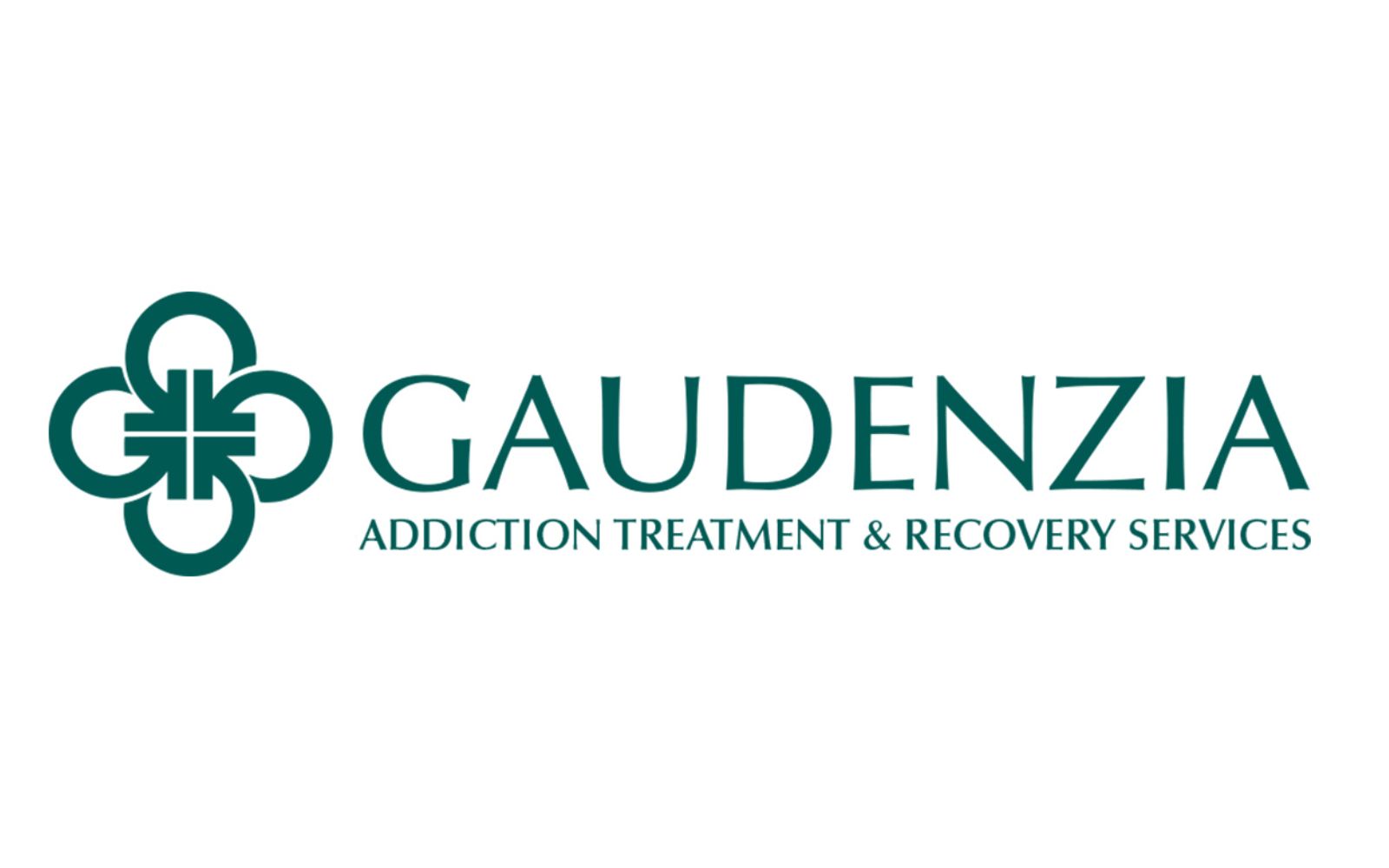Lewisburg, Pennsylvania, United States
Gaudenzia Lewisburg Outpatient
Claimed
Claimed
Recovery.com has connected directly with this treatment provider to validate the information in their profile.
CARF Accredited
CARF stands for the Commission on Accreditation of Rehabilitation Facilities. It's an independent, non-profit organization that provides accreditation services for a variety of healthcare services. To be accredited means that the program meets their standards for quality, effectiveness, and person-centered care.
Provider's Policy
We accept Medicaid plans, certain types of commercial insurance, and can assist with county funding.
About Gaudenzia Lewisburg Outpatient
Gaudenzia Lewisburg is a facility that offers intensive outpatient (IOP), day treatment (PHP), and traditional outpatient services for individuals with substance use and co-occurring disorders. Unlike other outpatient programs, their care team offers specialized programs uniquely designed for adolescents struggling with substance use disorders in addition to their adult programs. They use evidence-based therapies to craft personalized care plans for each patient, using a culture-informed and trauma-informed approach.
Comprehensive Treatment Approach
Gaudenzia Lewisburg offers both intensive outpatient and standard outpatient services in addition to assessment services. Family resources, outpatient service recommendations, and housing referrals are also available to ensure a comprehensive continuum of care. Their care team facilitates group and individual therapy sessions, with an emphasis on cognitive behavioral therapy (CBT) and motivational enhancement therapy (MET). Located in the charming borough of Lewisburg, Pennsylvania, this center offers patients a tranquil environment that fosters healing and recovery.
Read More

Insurance Accepted
Provider's Policy:We accept Medicaid plans, certain types of commercial insurance, and can assist with county funding.

Medicaid
<p>Signed into law through the Social Security Act in 1965, Medicaid is a United States government program that offers health insurance to those with limited income.</p>
See rehabs that accept this provider.
Center Overview
Adolescents
Teens receive the treatment they need for mental health disorders and addiction, with the added support of educational and vocational services.

Treatment Focus
This center treats primary substance use disorders and co-occurring mental health conditions. Your treatment plan addresses each condition at once with personalized, compassionate care for comprehensive healing.

Care Options







Treatment
Specializations
Adolescents
Teens receive the treatment they need for mental health disorders and addiction, with the added support of educational and vocational services.
Alcohol
Using alcohol as a coping mechanism, or drinking excessively throughout the week, signals an alcohol use disorder.
Co-Occurring Disorders
A person with multiple mental health diagnoses, such as addiction and depression, has co-occurring disorders also called dual diagnosis.
Drug Addiction
Drug addiction is the excessive and repetitive use of substances, despite harmful consequences to a person's life, health, and relationships.
Approaches
Evidence-Based
A combination of scientifically rooted therapies and treatments make up evidence-based care, defined by their measured and proven results.
Personalized Treatment
The specific needs, histories, and conditions of individual patients receive personalized, highly relevant care throughout their recovery journey.
Therapies
1-on-1 Counseling
Patient and therapist meet 1-on-1 to work through difficult emotions and behavioral challenges in a personal, private setting.
Trauma-Specific Therapy
This form of talk therapy addresses any childhood trauma at the root of a patient's current diagnosis.
Online Therapy
Patients can connect with a therapist via videochat, messaging, email, or phone. Remote therapy makes treatment more accessible.
Life Skills
Teaching life skills like cooking, cleaning, clear communication, and even basic math provides a strong foundation for continued recovery.
Motivational Interviewing and Enhancement Therapy (MET)
This approach is based on idea that motivation to change comes from within. Providers use a conversational framework that may help you commit to recovery.
Relapse Prevention Counseling
Relapse prevention counselors teach patients to recognize the signs of relapse and reduce their risk.
Conditions We Treat
Trauma
Some traumatic events are so disturbing that they cause long-term mental health problems. Those ongoing issues can also be referred to as "trauma."
Substances We Treat
Alcohol
Using alcohol as a coping mechanism, or drinking excessively throughout the week, signals an alcohol use disorder.
Chronic Relapse
Consistent relapse occurs repeatedly, after partial recovery from addiction. This condition requires long-term treatment.
Co-Occurring Disorders
A person with multiple mental health diagnoses, such as addiction and depression, has co-occurring disorders also called dual diagnosis.
Drug Addiction
Drug addiction is the excessive and repetitive use of substances, despite harmful consequences to a person's life, health, and relationships.
Opioids
Opioids produce pain-relief and euphoria, which can lead to addiction. This class of drugs includes prescribed medication and the illegal drug heroin.
Aftercare
Experience
Amenities
Smoking and Vaping Policy
We love hearing about your treatment experience
Help individuals and families seeking treatment by sharing your first-hand experience with this treatment provider. Review Guidelines.








